Hypertension and fatigue are often linked together. Learn about the link between these two, possible symptoms, and effective ways to manage these conditions.
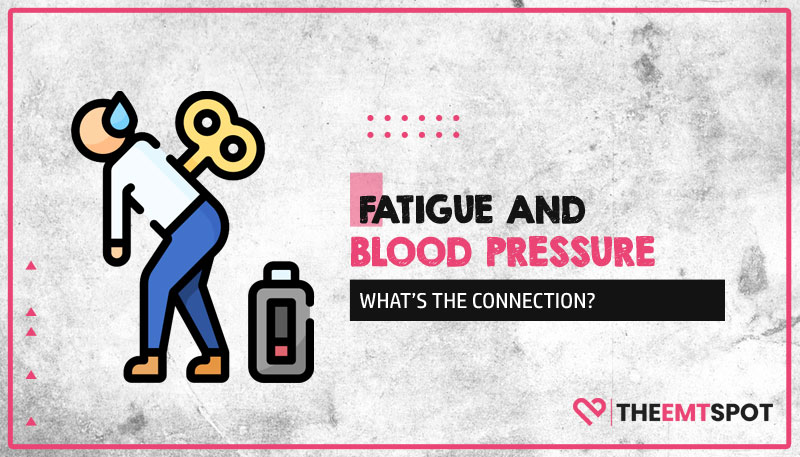
Quick Summary
- While high blood pressure is often asymptomatic, individuals with uncontrolled high blood pressure may experience symptoms such as fatigue, dizziness, and weakness.
- Although the relationship between hypertension and fatigue is not entirely clear, researchers believe several factors contribute to this connection.
- Maintaining a healthy blood pressure level can lower the risk of long-term health concerns and increase well-being.
Fatigue is a common complaint among people with high blood pressure. Many individuals with hypertension often report feelings of exhaustion, which can significantly affect their daily lives.
Recent studies have also shown that hypertension can significantly impact a person’s energy levels and cause fatigue.
This article will delve into the connection between high blood pressure and fatigue, exploring the possible causes and their prevalence in individuals with this condition. Keep reading to learn about managing these symptoms and other potential causes of fatigue.
Contents
Can Hypertension Really Cause Fatigue?
Hypertension, or high blood pressure, can be classified chronic medical problem affecting millions of individuals throughout the world. Although the precise mechanism underlying the link between high blood pressure and weariness is unknown, it is assumed to be connected to the increased burden placed on the heart and blood vessels.
Moreover, high blood pressure requires the heart to work harder than usual to pump blood through the narrowed arteries, leading to increased strain and reduced oxygen supply to the body. The resulting oxygen deprivation can lead to symptoms of tiredness and lethargy.
What Do The Researchers Say?
Several studies have investigated the relationship between hypertension and fatigue, revealing a strong correlation between the two. According to a recent meta-analysis, individuals with high blood pressure are more likely to report symptoms of fatigue compared to those with normal blood pressure levels.
Another study also demonstrated a significant association between uncontrolled hypertension and fatigue, suggesting that controlling blood pressure can alleviate tiredness symptoms.
Can Low Blood Pressure Lead To Fatigue?
Low blood pressure, or hypotension, is a medical condition where blood pressure levels fall below the normal range. While hypotension is generally not considered as harmful as hypertension, it can cause a variety of symptoms, including fatigue.
Low blood pressure can cause reduced blood flow to the organs and other tissues of the body, leading to a lack of oxygen and nutrients. Moreover, patients with hypotension may experience blurry vision, confusion, and fainting, which can further exacerbate fatigue.
If an individual experiences persistent symptoms of fatigue, they should seek medical attention to determine the cause of their low blood pressure and receive appropriate treatment.
What Are Some Other Reasons That Cause Fatigue?
Here are some of the commonly known causes of fatigue:
- Lack of sleep or poor quality sleep
- Chronic stress and anxiety
- Poor diet and nutrition
- Dehydration
- Vitamin and mineral deficiencies
- Chronic pain and medical conditions, such as fibromyalgia, chronic fatigue syndrome, and autoimmune disorders
- Medications that cause drowsiness or fatigue as a side effect
- Depression
- Thyroid disorders, such as hypothyroidism or hyperthyroidism
- Anaemia or other blood disorders
- Infections, such as the flu, colds, and other viral illnesses
If someone is experiencing persistent fatigue, it is essential to consult a healthcare professional to identify the underlying cause and develop an appropriate treatment plan.
When Should You Seek Medical Attention?
Hypertension can lead to serious health complications, such as heart failure, kidney disease, etc. Therefore, it is essential to seek medical attention if blood pressure levels are persistently elevated or if any symptoms are present.
Furthermore, if you experience any symptoms, such as blood spots in the eyes, nosebleeds, severe dizziness, flushing, or chest pains, contact your healthcare provider immediately.
Why Should You Keep Your Blood Pressure In Check?
High blood pressure increases the risk of conditions such as heart attack, stroke, and vision loss. Thus, keeping your blood pressure in check is critical for maintaining good health and preventing serious complications.
Conversely, low blood pressure can cause various symptoms, including dizziness, fatigue, and fainting, which can affect daily activities and quality of life.
Therefore, maintaining a healthy blood pressure level is essential for reducing the risk of long-term health complications and improving overall health and well-being.
Effective Ways To Prevent High Blood Pressure
The following are some ways to help prevent or manage hypertension:
Maintain a healthy weight
Obesity is a risk factor for hypertension, so maintaining a healthy weight through natural ways can help lower blood pressure levels.
Follow a balanced diet
A healthy diet high in fruits, vegetables, whole grains, and lean protein, while low in sodium, saturated fats, and processed foods, can help decrease blood pressure.
Exercise regularly
Including a form of regular physical activity, such as brisk walking, cycling, or swimming, can help reduce blood pressure levels and improve overall health.
Reduce stress
Chronic stress and anxiety can contribute to high blood pressure, so finding ways to manage stress, such as meditation, yoga, or other breathing exercises, can be beneficial.
Quit smoking and alcohol
Smoking can contribute to high blood pressure and increase the possibility of heart disease, stroke, and other health problems. Also, drinking alcohol in moderation or avoiding it altogether can help prevent high blood pressure.
Get enough sleep
Lack of sleep or poor sleep quality can increase the risk of hypertension, so it’s essential to get seven to eight hours of quality sleep per night.
Conclusion
The relationship between hypertension and fatigue is not yet entirely clear, but studies have shown that there is indeed a link between the two. Although high blood pressure itself does not cause physical symptoms, various factors can contribute to feelings of tiredness in this condition.
Therefore, it is essential to seek medical attention if persistent or worsening tiredness is experienced, as it may indicate underlying health problems that require attention. With proper medical management and lifestyle changes, hypertension and fatigue can be managed effectively, helping individuals to maintain optimal health and a better quality of life.

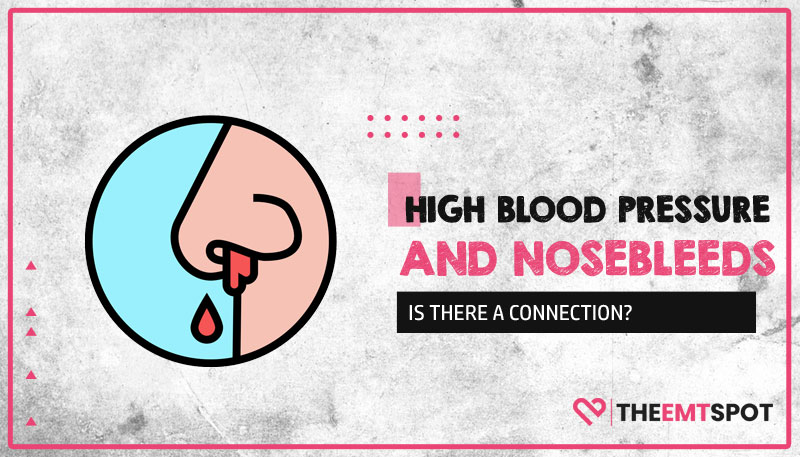
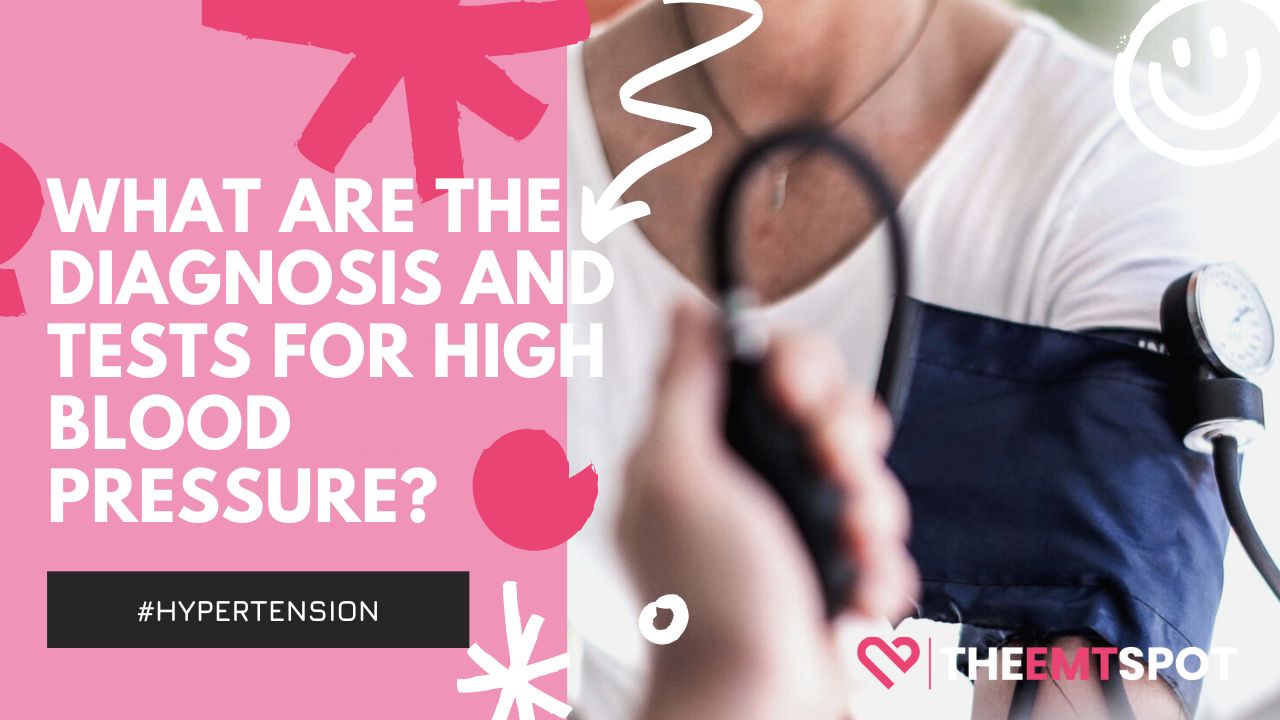
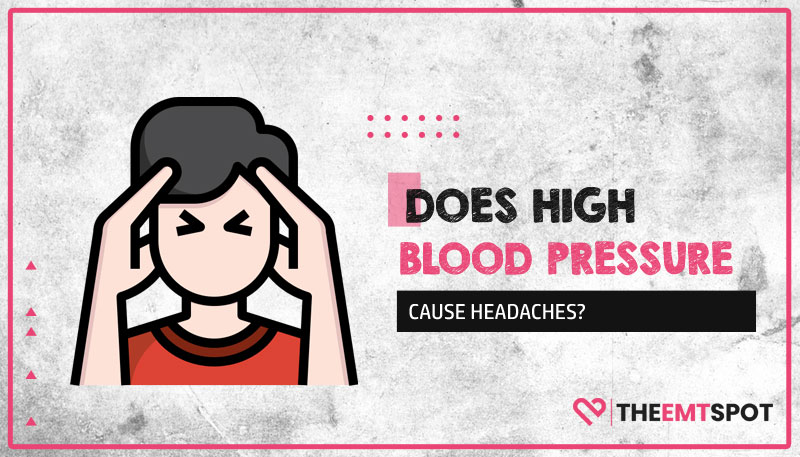
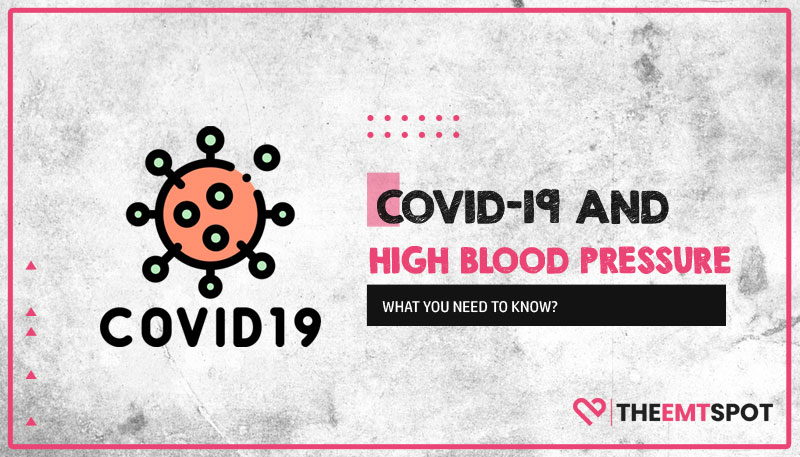
 Robin Backlund is a dedicated journalist and a medical student who has written several articles and essays exposing the falseness and hollowness of online resources in the medical science niche.
Robin Backlund is a dedicated journalist and a medical student who has written several articles and essays exposing the falseness and hollowness of online resources in the medical science niche.